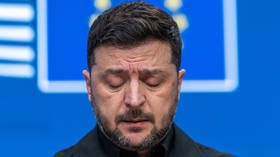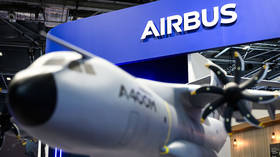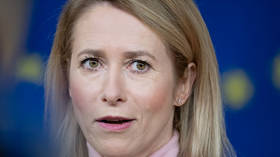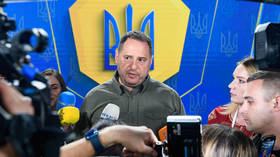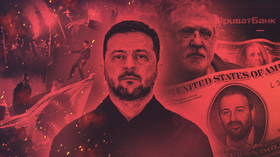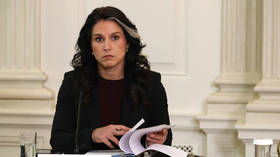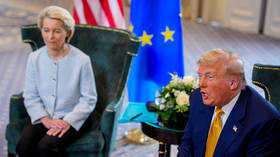N. Korea’s rocket launch: the plot thickens
North Korea says it will boycott six-party UN talks on its nuclear programme and will restart its nuclear power plant. The news comes just hours after the UN Security Council condemned Pyongyang’s recent rocket launch.
North Korea has added that it is stopping international monitoring at its main Yongbyon nuclear reactor and that it is expelling UN nuclear watchdogs from the country.
The plant produced the fuel for North Korea’s atomic bomb test in 2006 and was later shut down under international agreements.
Russian Foreign Minister Sergei Lavrov has expressed his regret over the country’s decision and urged Pyongyang to return to the negotiating table. He said that the talks should be continued, with the US, Russia, China, South Korea, North Korea and Japan participating, and all sides must fulfill their obligations.
“Important agreements have been achieved at the six-party talks that are binding not only for North Korea but also all other parties as well. I mean the states that undertook to provide economic and energy support to North Korea. Russia has fulfilled all its obligations there, and we expect all others to do the same,” the Russian Foreign Minister said.
Condemned by the UN Security Council
The condemnation statement was read Monday afternoon at a formal meeting by the current council president, Mexico's UN Ambassador Claude Heller.
The document says North Korea's actions violate a UN resolution that forbids the state from conducting nuclear tests or ballistic launches.
“The Security Council condemns the April 5 2009 launch by the Democratic People's Republic of Korea, which is in contravention of Security Council resolution 1718 of 2006,” the statement said.
The statement was hammered out by the five permanent member states – the United States, China, Russia, Britain and France – along with Japan.
It calls on freezing the assets of companies involved in importing or exporting missiles and nuclear weapons from North Korea.
The presidential statement was a weaker response than the Security Council resolution, which Japan and the United States wanted. Originally, Japan and the US called for new sanctions on North Korea – something China and Russia opposed, suggesting a more thought-out approach.
“We indicated two criteria that should have, in our view, been applied to the reaction of the Security Council. First it should be a clear message, second it has to be in support of the six-party process, and third the Council should act on the basis of consensus,” Russia’s envoy to the UN Vitaly Churkin said.
Vitaly Churkin also reminded that even before the launch Russia tried to put North Korea off the idea.
“Russia has urged the international community to send Pyongyang a clear signal that it has to respect the UN resolutions and the opinion of other countries. Russia as well as other countries tried to persuade North Korea to give up this launch, saying it would lead to negative political consequences,” he said.
The compromise statement finally adopted on Monday appears to be acceptable to all sides.
The North Korean launch has been condemned and similar activities in the future will not be tolerated – this clear message came out of the Security Council after its members reached a compromise.
The new document gives a fresh boost that activates and adjusts the existing measures through the designation of entities and goods. No sanctions were imposed.
“It is a strong, unanimous statement, condemning the launch. Future launches should be no further, because it will be a violation,” the US envoy to the UN, Susan Rice said.
The US and Japan are expected to submit a list of items that they think should be affected by the sanctions for the UN sanctions committee's approval.
Last Sunday, Pyongyang fired a long-range rocket, provoking international outrage.
North Korea claims to have launched a communications satellite. The West, however, says the move was a cover for a missile test.


